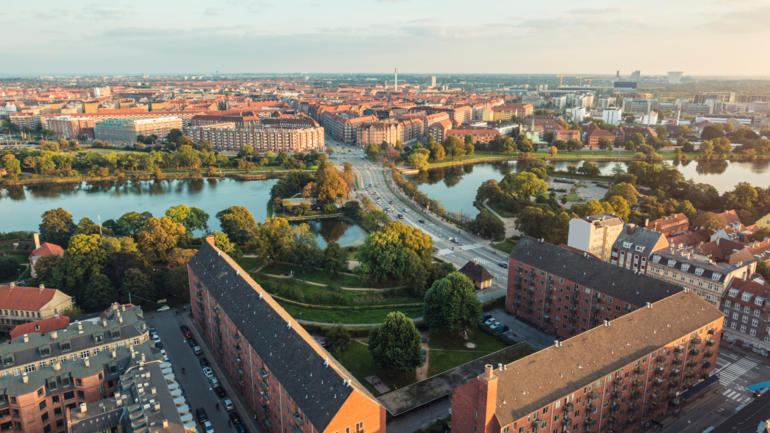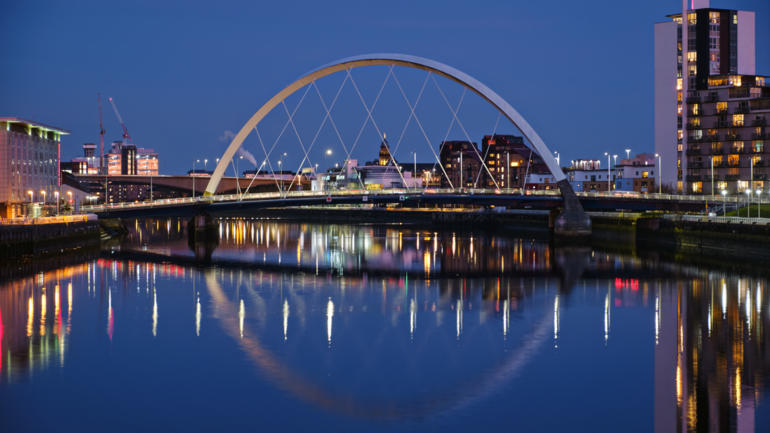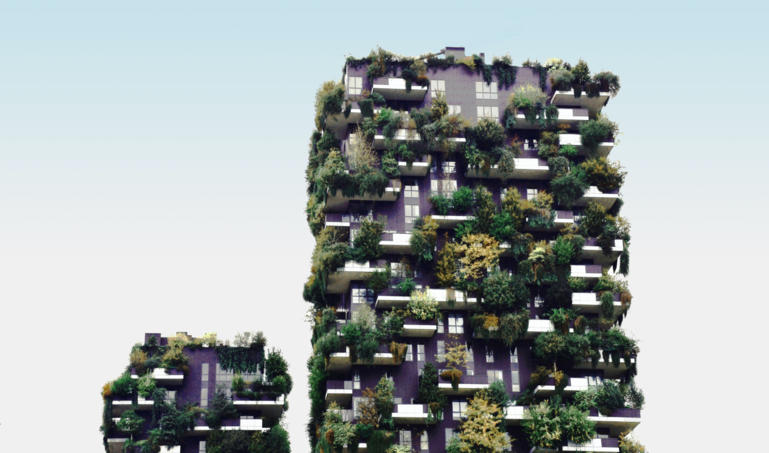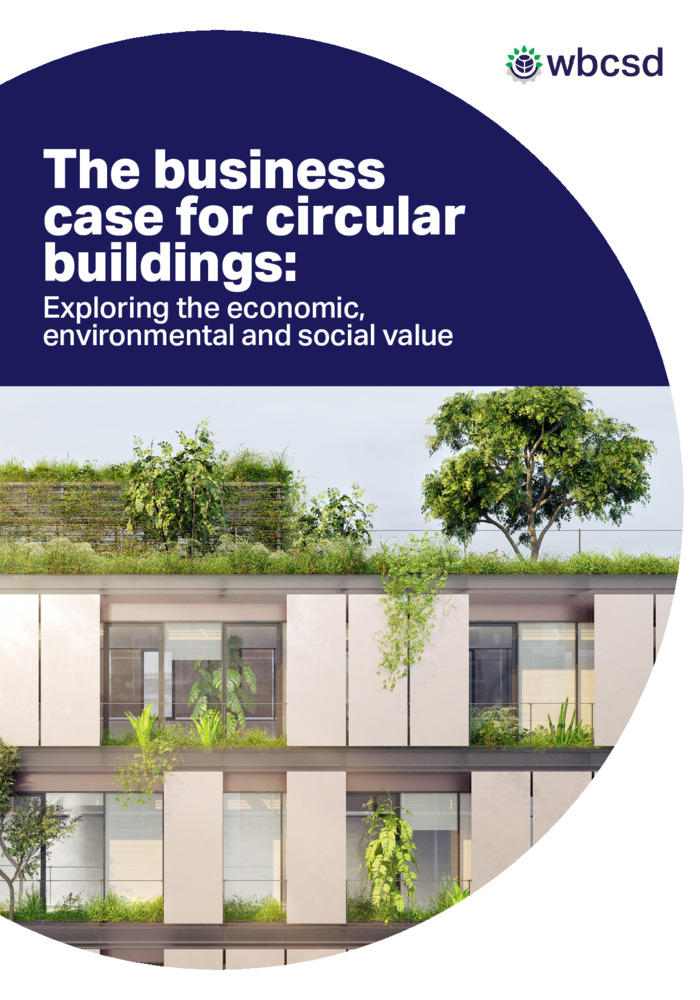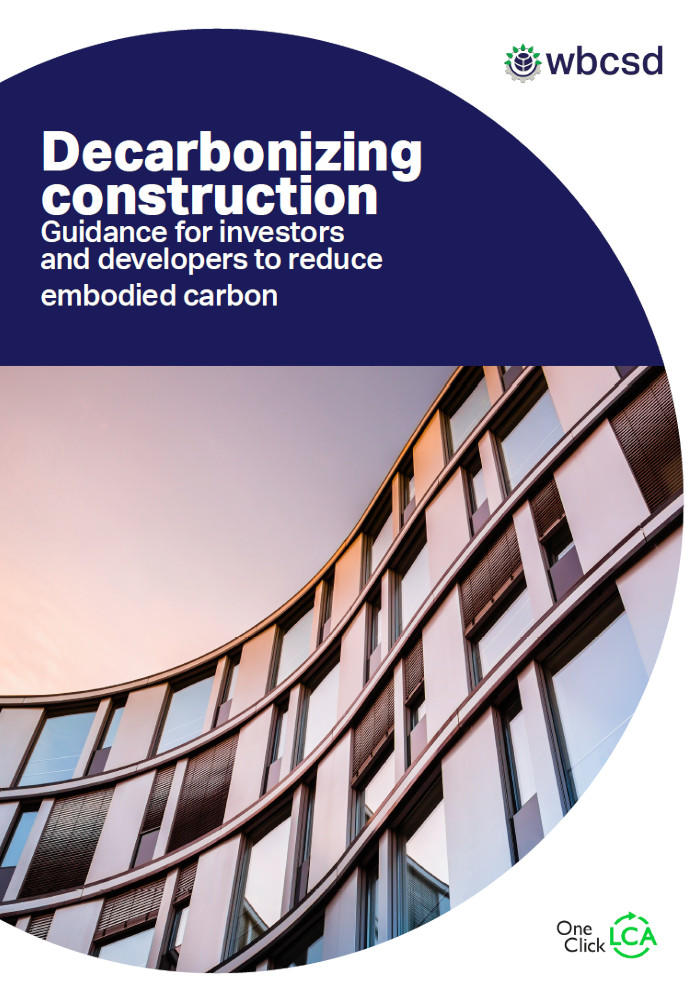Digitalization
Digitalization has the potential to enable efficiency and reduce resource consumption and CO2 emissions throughout the value chain. In this way it also offers the possibility for new processes, services and markets to be developed. Digitalization will disrupt the construction sector by changing the way we build and share information; and it will give occupants more control over the environmental conditions of their buildings.
The challenge
Digitalization will bring a range of new challenges to the built environment. Suppliers and contractors will need to collaborate deeply, making sure that knowledge is transferred from project to project so that each can fully embrace the latest technological opportunities. Along with challenges relating to data integrity, digitalization could also mean an increase in energy consumption, or it could make construction supply chains longer and increase the demand for transport.
The business case
Digitalization can allow companies to test ideas, analyze large amounts of information and solve complex problems. It can support businesses to become more efficient in terms of reduced resource consumption and emissions, but also in terms of reduced cost and a potential increase in productivity.
The solution
Based on the key findings of the publication Digitalization of the built environment, this workstream aims to maximize the potential of digitalization to accelerate the transition towards sustainability in the built environment. The workstream helps companies improve the accessibility and usability of data.
We use cookies to ensure you get the best experience on our website. By choosing to continue, you agree to our use of cookies. You can learn more about cookies on our privacy policy page.

